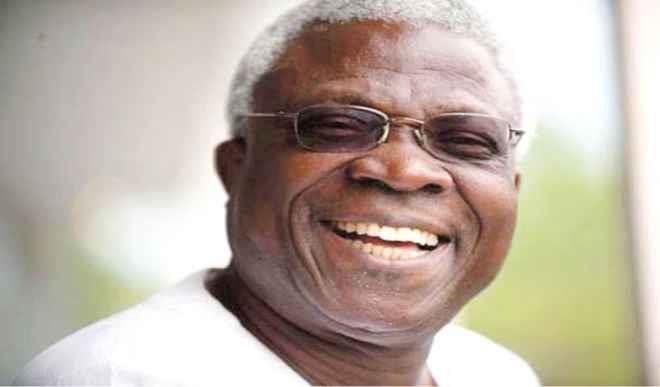Entries open for Saro-Wiwa Prize for Book Review
Entries are now open for the 2017 Ken Saro-Wiwa Prize for Book Review. This is in continuation of a legacy project that the Committee for Relevant Art (CORA), promoters of the annual Lagos Book and Art Festival (LABAF) launched in 2015. This year’s LABAF, from November 6 to12, is dedicated to honouring the illustrious career […]


Entries are now open for the 2017 Ken Saro-Wiwa Prize for Book Review. This is in continuation of a legacy project that the Committee for Relevant Art (CORA), promoters of the annual Lagos Book and Art Festival (LABAF) launched in 2015.
This year’s LABAF, from November 6 to12, is dedicated to honouring the illustrious career of the eminent poet and teacher, Professor Niyi Osundare. The focus of this year’s contest is to bring greater attention to his work, especially those that address cogent and relevant issues in the socio-political and cultural affairs of Nigeria, and the continent.
To qualify, a contestant must have read and written reviews of any four of the following books by Osundare: Songs from the Marketplace (1983), Village Voices (1984), The Eye of the Earth (1986), Moonsongs (1988), Songs of the Season (1999) and Waiting Laughters (1990). Others are Midlife (1993), The Word is an Egg (2002), Early Birds (2004), Tender Moments: Love Poems (2006), City Without People: The Katrina Poems (2011) and Random Blues (2011).
The review, which is open to everyone, must not have been published elsewhere and sent on or before October 30, 2017. The winner will receive N100, 000 prize money and will be published in the media and in reputable literature journals.
A shortlist of three finalists will be announced at the CORA Book Trek in November, being the flag-off of the 2017 LABAF, hosted by the British Council, Lagos. Winners will be announced on November 11 during the festival’s party with Professor Osundare as special guest.
The project is designed to further a key objective of the LABAF, which is deepening the culture of reading and engagement of content of literary works, particularly fiction, drama, poetry and non-fiction, as well as all the genres where the late author, environmentalist and polemicist, Ken Saro-Wiwa excelled in his lifetime and writing career.
The prize project was dedicated to mark the 20th anniversary of the state killing of Saro-Wiwa, himself a keen observer, commentator on and critique of the quality of literature being produced in the country while he was alive.
